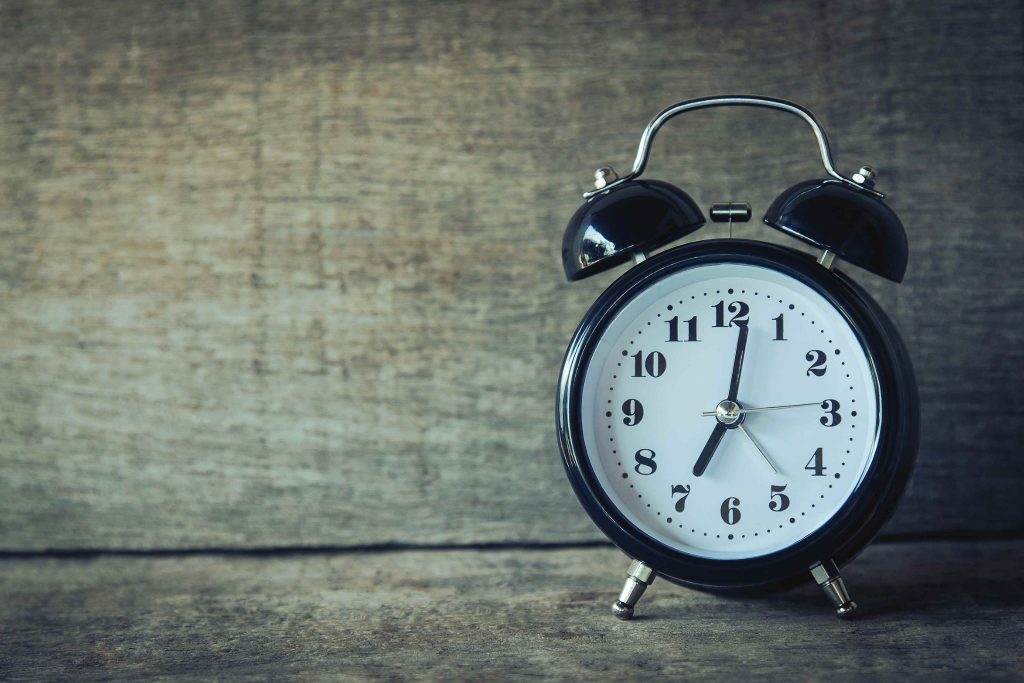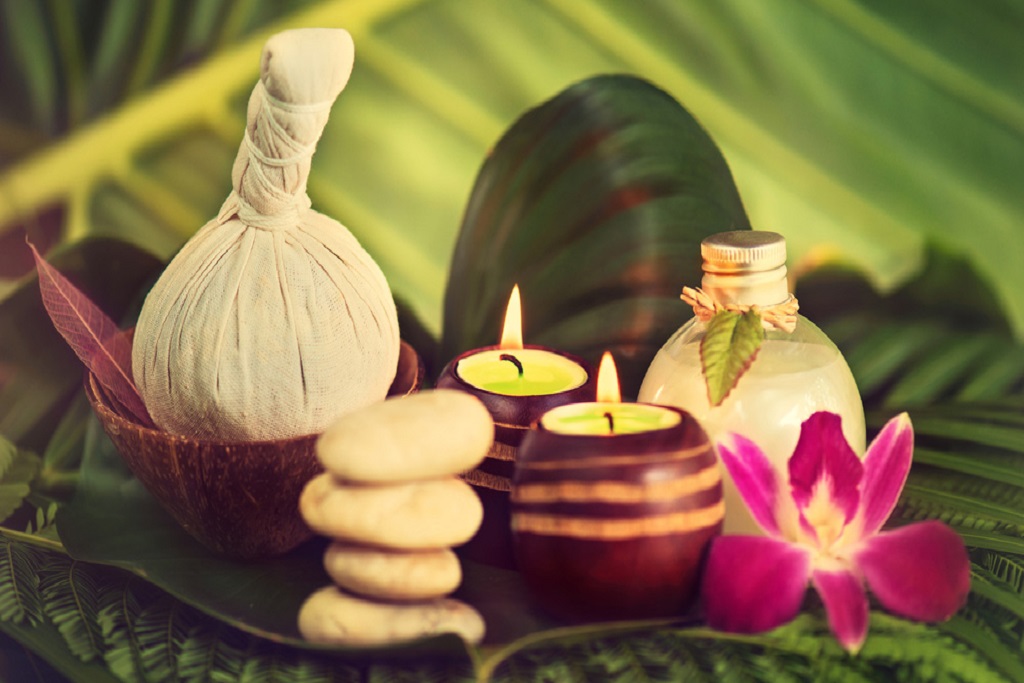
Circadian Rhythm and Its Importance
Cold Open
Once upon a time, there was a guy by the name of Prakash who was infamous for his tendency to stay up late. Often, he wouldn’t go to bed until the wee hours of the morning, staying up to finish his job or watch Netflix. His loved ones would often attempt to get him to call it a night at a reasonable hour, but he would always laugh it off and declare that he was a “creature of the night.”

This began as a fad. A routine developed after that. When Prakash first started thinking about it, it was just a problem. His sleep schedule must be restored immediately, he thought most of the time. It began to permeate his professional and private life. As well as his social life. After eating lunch, he often slept off before the rest of the group.
One day, Prakash went to an ayurvedic retreat in Bangalore. The resort’s popularity stems from its scenic beauty and relaxing atmosphere. As soon as Prakash entered this peaceful area, the stresses of everyday life began to melt away.
Prakash had a babylike sleep schedule during the first several days of his trip. He worshipped the sun, practised yoga, and ate only organic, healthful foods; he also rose and went to bed at unusually early hours. Doing things first thing in the morning seems to do the job.
Also Read: Ayurveda Retreat In Bangalore
Pictures showing him practising yoga with a large number of people quickly became a staple of conversation in the many WhatsApp groups he participated in, much to the surprise of his friends and family back home.
Prakash realised something wasn’t right after some time spent meditating and basking in the sun at one of Bangalore’s best resorts. He was waking up exhausted at inconvenient times. When he learned that the resort maintained a device-free policy, his uncertainty subsided. No plug-ins or artificial light sources were present to throw off his circadian cycle.
It was unthinkable for Prakash. Having gotten into the routine of doing things whenever he felt like it, he no longer realised how vital it was to keep to the day’s patterns. His sleep and health were being jeopardised by his actions at night.
Prakash planned to observe his body’s natural rhythms and go to bed on time the next time around. He has been napping peacefully ever since.
From the story above, you should have a basic idea of the circadian cycle and how our generation is losing track of it without realising it.
Introduction
Our ancestors had the same fundamental need for survival—food, clothes, and shelter—that we have now. And then there was television. Fridays have been synonymous with motion pictures since since the advent of television.
There are more Fridays in a year, hence more movies opened on Friday. As the number of successful films began to outnumber the number of Fridays in a year, it became standard practise for networks to air newly released films the after their theatrical debut.
There was just one channel showing news, shows, life tips, food shows, and movies, but it was overwhelmed by the flood of visual information being produced. Therefore, additional channels are required. By 1995, over 70 million Indian households had access to television, and over 400 million Indians were able to tune in to one of the country’s more than 100 channels.
Also Read: 23 Things to Do in 2023
Then, Internet happened in Indian households. Apologies, the internet was made affordable in India. It wasn’t until the early 2000s that the internet became more available to the general people in India, thanks to the growth of broadband connections and the construction of infrastructure to support them. Millions of Indians now use the internet for a wide range of reasons, making it one of the world’s most populous online marketplaces.

With the advent of the Internet came social media applications that allowed users to communicate with people all over the globe. And the widespread use of social media and streaming platforms that cater to our specific interests, requirements, and preferences. Thus, dilemma of abundance and the lack of sleep, therefore, people losing their circadian rhythm.
What is Circadian Rhythm?
Circadian rhythms are the internal body clocks that control things like sleep, metabolism, and hormone synthesis. Their internal “master clock” responds to environmental stimuli like light and temperature to regulate their circadian rhythms.
The exciting part comes next: what would throw a wrench into these well calibrated cycles? In any case, there are a few typical offenders. The circadian rhythms of a person may be thrown off if, for instance, they are a night owl who often stays up late and then sleeps in.
There are additional medical illnesses and drugs that usually contribute to these issues. Conditions like jet lag and insomnia, as well as drugs used to treat depression and high blood pressure, may make it difficult for the body to keep a normal sleep schedule.
In conclusion, our internal clocks thrive on consistency and are easily disrupted by changes in our daily routine. Your body (and your disposition) will reward you if you strive to maintain a regular sleep pattern, limit your exposure to bright lights after 08:00 p.m. and limit your late-night bingeing.
How does Circadian Rhythms Work?
Think of your body as a gigantic machine. As with every machine, it requires a system to function smoothly. That’s where circadian rhythms come in to play.
The brain’s internal clock regulates sleep, metabolism, and hormone synthesis. This clock is kept on track by light and temperature.
Let’s assume it’s midnight and you’re sleeping. Various hormones and systems promote your body’s relaxation and restoration. Your body clock wakes up when the sun rises and the room grows lighter. Your brain starts releasing hormones such as cortisol to help you feel more alert, and your body starts revving up for the day ahead.
This delicate tango is vital for your health and happiness. To keep things functioning properly, it’s important to pay attention to your body’s clock and maintain a regular sleeping routine.
Is it time for you to reset your internal clock?
Lack of regular sleep, excessive use of electronics, eating late at night, and other bad habits disrupt the natural circadian rhythm. Lack of regularity in one’s biological cycle may lead to a host of minor health problems that might interfere with one’s day-to-day functioning.
Professor Satchidananda Panda, author of The Circadian Code, claims that circadian disturbance causes a variety of undesirable symptoms, including fatigue, irritability, hunger, poor immunity, and inability to lose weight.
How does Circadian Rhythm In Adults Work?
Picture your body as a well-orchestrated orchestra, where all of the parts play off of one another to maintain you in peak condition. Imagine now that the director of this symphony is your circadian rhythm, the internal clock in your body. Your sleep-wake cycle, hormone synthesis, and other biological systems may all benefit from this internal clock.

Consistent wakefulness and alertness throughout the day, and drowsiness and readiness for bedtime, characterise the circadian rhythm in adults. However, a night out, an early trip, or an unexpected change to the overnight shift may all throw a kink into this routine. If this occurs to you, let your body a few days to readjust and reset its internal clock.
It’s only a little “resynchronization” to get your body back on track. And don’t forget that sticking to a regular sleep schedule is essential for maintaining a healthy circadian rhythm. Are you’re feeling out of sorts? Consider maintaining a regular sleep pattern and making sure you’re exposed to both adequate light and darkness. There will be applause from your orchestra and body alike.
How Do Ayurveda Retreats in Bangalore Help you Sleep Better?
Traditional Ayurvedic therapies are a terrific method to enhance the quality of your sleep. You can find them at Ayurvedic retreats in Bangalore like the ones offered by Tattvam Retreats. The ancient medical practise of Ayurveda. It has its roots in India as we very well know. It is predicated on the idea that your physical, mental, and spiritual wellbeing are intertwined and dependent upon one another for optimal health.
Get a good night’s rest with the help of a range of Ayurvedic therapies offered at a retreat in Bangalore, such as massages using warm oils, herbal cures, and relaxation methods. These therapies are really helpful in reducing stress and anxiety, both of which are significant contributors to difficulties sleeping. In addition, the tranquilly and calmness of the setting at the retreat might provide for an excellent setting in which to have a pleasant night’s sleep.

Tattvam Retreats, one of the best retreats in Bangalore, offers individualised care regimens based on each guest’s unique condition and desired outcomes. We at the retreat have extensive knowledge of Ayurvedic medicine. Experts here can advise you on how to best implement Ayurvedic practises into your everyday routine to facilitate better sleep.
In general, going to an Ayurvedic retreat in Bangalore is an absolutely efficient approach to enhance your quality of sleep. This is because retreats like Tattvam Ayurvedic Resorts focus on identifying and treating the underlying reasons of sleep disruptions while also emphasising the use of holistic, natural remedies.